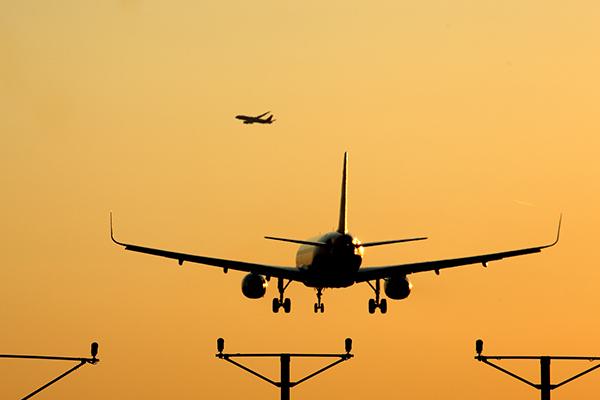Boeing: LCCs driving airline recovery, but long-haul routes will eventually rebound

LCCs operating largely domestic or short-haul international networks are in the best shape currently as the airline industry grindingly recovers from the COVID-19 pandemic, but long-haul international routes will recover over time, Boeing forecasts.
Boeing’s latest 20-year Commercial Market Outlook, released this week, provides a sobering reality check for the prospects of long-haul flying in the near term—but predicts that normal air traffic growth trends will return once the pandemic recedes. Global air traffic will grow 4% annually on average compared to a 2019, pre-pandemic baseline, Boeing forecasts, noting that this long-term growth rate is similar to previous forecasts.
But, for now, international traffic is significantly lagging domestic traffic. “Due to wide-ranging virus testing requirements and varying rates of vaccine distribution, international passenger traffic remains at roughly 20% of 2019 levels,” Boeing says. “In contrast, domestic operations reached just over 75% of 2019 levels by mid-year 2021, driven largely by the United States, China, as well as intra-Europe. Lower travel restrictions within countries have increased ease of travel in these markets relative to international flows. Rebounding domestic travel volumes indicate resilient demand for air travel once COVID-19 health concerns begin to recede and governments are able to ease travel restrictions.”
LCCs with largely short-haul networks are leading the airline recovery from COVID-19, Boeing says, explaining: “Historically, low-cost carriers have led air service recovery out of market downturns, as their point-to-point structure allows quick market entry, and the lower-cost service they provide is particularly appealing coming out of economic downturns. We expect this recovery to follow that same historical pattern. Network airline recoveries typically lag low-cost carriers, as the long-haul and premium traffic segments typically recover a bit later. Current market dynamics suggest a similar recovery pattern once COVID-19 concerns abate.”
Boeing adds that LCCs “will continue adding and removing routes at a fast pace, and generally emerge more quickly due to the earlier recovery of domestic, regional and leisure travel that their business model typically targets. Network carriers, which provide high connectivity via hub-and-spoke operations, will resume and rebuild their networks as long-haul travel returns to pre-pandemic levels.”
The aircraft manufacturer says that long-haul airline routes are “currently suppressed because [they are] largely [comprised of] international travel, and international borders are subject to movement controls, quarantines and testing requirements. The various requirements change frequently, adding uncertainty to the prospect of international travel that also reduces near-term demand.”
But this situation will change, Boeing predicts: “A key assumption in our forecast is that the pandemic will not last forever—it will eventually be beaten, and the restrictions and requirements will no longer be necessary. At that point, we expect to see a surge of pent-up demand for long-haul travel similar to the current dynamics in some short-haul markets, as travelers look to recover postponed visits, vacations and other trips followed by a return to long-term fundamentals.”
The bottom line, Boeing predicts, is that the fundamentals driving airline traffic growth will be mostly unchanged over the long term: “We … view the current crisis, though unprecedented in its magnitude, as not changing fundamentals in the long-term market for air transportation. To emphasize this continuity, we are stating this year’s forecast growth rates from a 2019 base year. In those terms, we predict average [annual] traffic growth of 4% over the 21 years to 2040. This number is the same as what we published in our prior forecast. It reflects our confidence that the fundamental need for air transport in a modern, globalized world has not changed.”
Photo credit: Rob Finlayson





